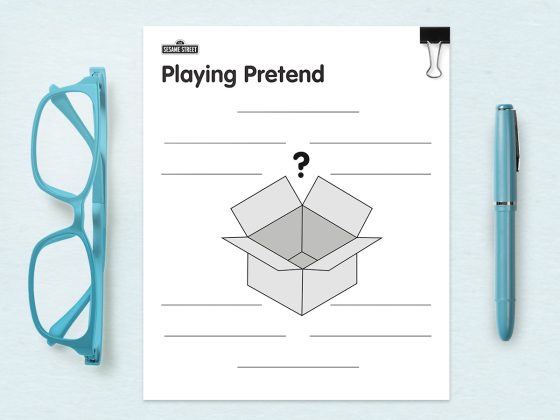
Playing Pretend
In this workshop, parents learn strategies to tune into their inner child and play pretend with kids at home.
Some parents love playing pretend with their child, while others have a harder time getting into character. In this activity, you’ll encourage parents to bring out their inner child and explore ways to engage in pretend play at home.
FIRST, begin a discussion about pretend and the benefits of play. Ask, “Why do you think pretend play is important?” and list responses on chart paper. Mention that pretend play helps children:
- Develop social emotional skills by playing different characters and “walking in someone else’s shoes.”
- Learn how to cooperate and take turns.
- Learn new vocabulary by exploring new situations and places.
- Practice problem-solving skills as they play in groups.
- Overcome fears by experiencing situations through pretend before they do so in the real world.
- Improve math skills as they experiment with numbers and shapes in situations like a pretend grocery store or school.
- Strengthen cognitive skills like planning, as they create characters, assign roles, and figure out context.
- Explore science concepts as they imagine extraordinary places and times, like outer space and lands of dinosaurs.
- Get creative!
NEXT, encourage parents and caregivers to share ways they “played pretend” when they were kids. Ask, “How is it similar to, or different from, how your child plays now?”
THEN, hand out copies of the Playing Pretend page. In small groups, parents can brainstorm different things a box can become, such as a pirate ship, space ship, or treasure chest, then draw (and make notes about) how they would help kids decorate the box to become any of these objects using everyday supplies such as markers and tape.
For instance, if they choose “airplane,” they’d make the flaps into wings, add construction paper squares on the sides for windows, and write the name of the “airline.” They can also draw a stack of handmade airline tickets next to the box.
LAST, have parents share their ideas with the group.
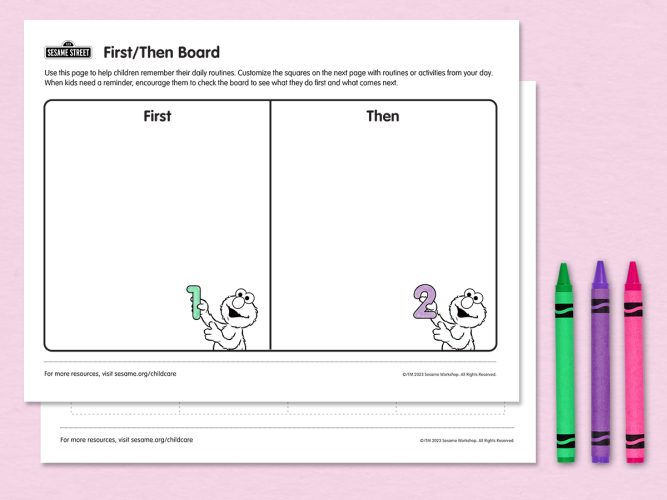
“First/Then” Boards: Managing Daily Routines
A printable tool to help children know what to expect in their daily routines and activities.
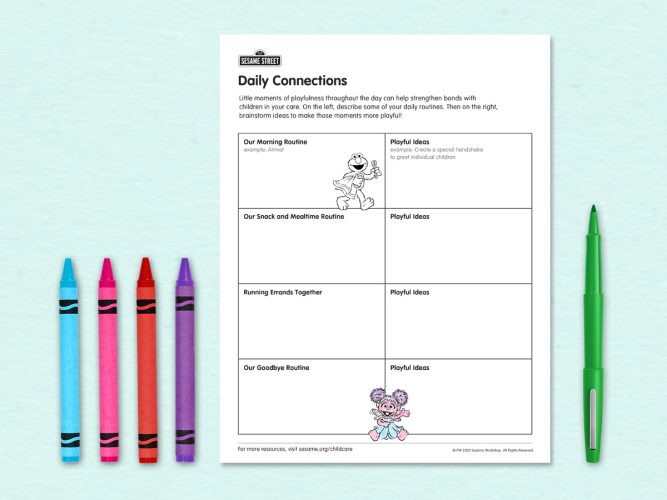
Planning for Play in Daily Routines
A printable page to plan moments of playfulness during daily routines.
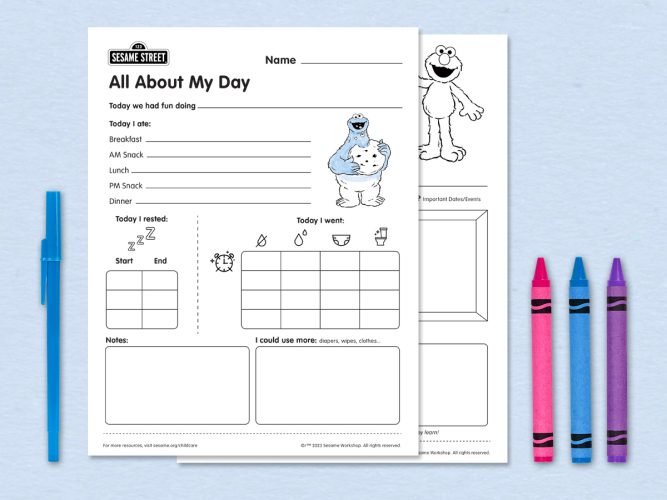
Provider-Parent Communications Log
A printable page to help parents and caregivers communicate about a child’s day.
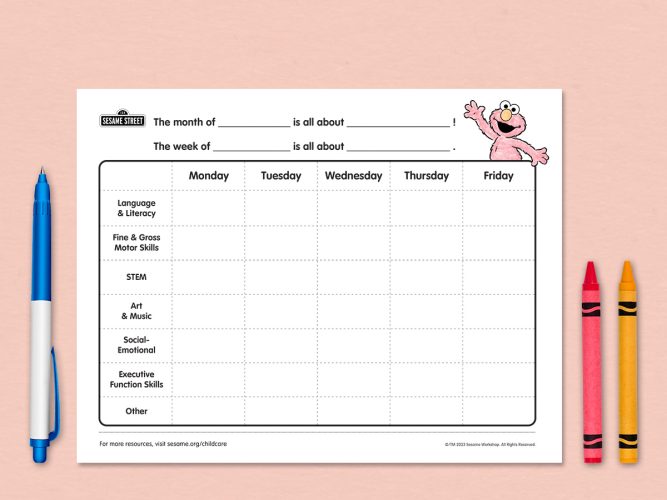
Lesson Planning Practice
A tool to plan opportunities for learning connected to monthly and weekly themes.

Communicating with Parents and Caregivers Around Routines
An article offering strategies for communication with parents/caregivers.
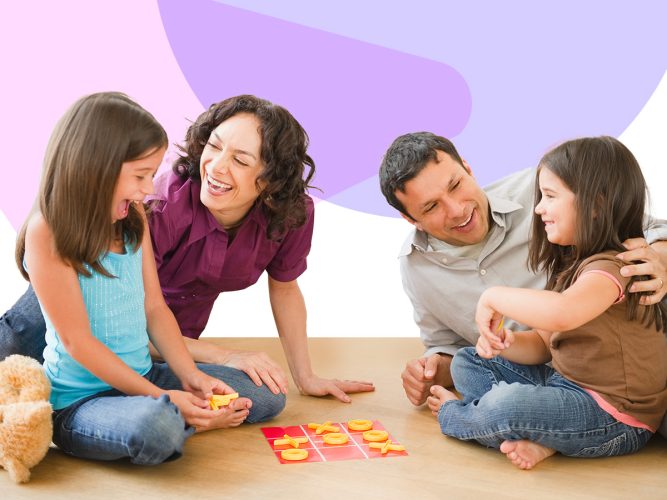
Shaping an Engaging Learning Environment
Your space is full of opportunities for children to learn and grow!

Planning Our Days: Creating Schedules for Children
Planning ahead can help you be intentional about the learning of the children in your care!
